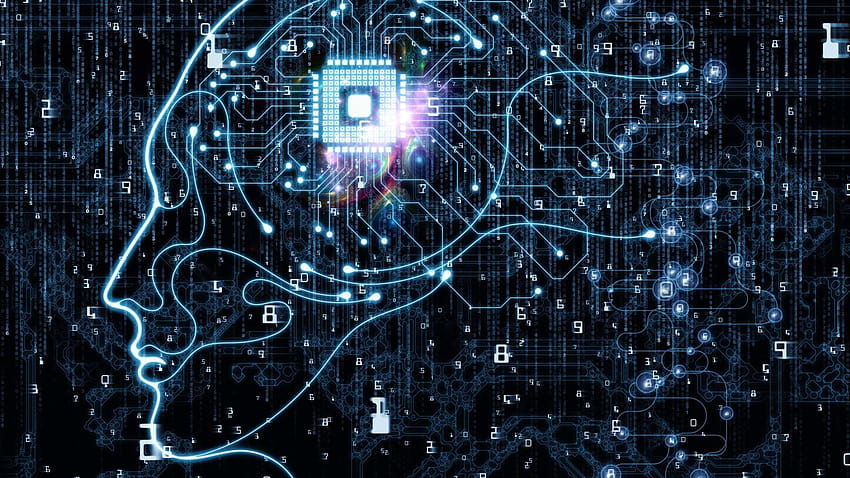The Rise of AI: Exploring the Future of Technology
The Rise of AI: Exploring the Future of Technology
Blog Article

Artificial intelligence, often simply referred to as AI, has become one of the most transformative and rapidly advancing technologies in the modern world. It is reshaping industries, revolutionizing daily life, and sparking debates about the future of humanity itself. AI encompasses a broad spectrum of capabilities, from machine learning and natural language processing to robotics and autonomous systems, all designed to mimic and augment human intelligence. With each new breakthrough, AI is opening doors to unprecedented possibilities and challenging traditional notions of what machines can achieve.
The intersection of AI and human existence presents a landscape both promising and perilous. On one hand, AI offers immense potential to enhance efficiency, improve decision-making, and unlock innovation across various sectors. However, concerns about job displacement, data privacy, and ethical implications loom large, raising crucial questions about the responsible development and deployment of AI technologies. As we navigate this era of rapid AI advancement, it is crucial to examine not only the technical capabilities but also the social, ethical, and legal frameworks that will shape the future of this powerful tool.
History of AI
The concept of artificial intelligence has been around for centuries, with the earliest ideas dating back to ancient civilizations. The roots of AI as we know it today can be traced back to the 1940s and 1950s, when researchers began exploring the possibility of creating machines that could simulate human intelligence.
One of the key milestones in the history of AI was the development of the first working AI program in 1956 by a group of researchers at Dartmouth College. This program laid the foundation for future advancements in the field and sparked a new era of innovation in artificial intelligence research.
Over the decades, AI technology has evolved rapidly, fueled by breakthroughs in algorithms, computing power, and data availability. Today, AI is integrated into various aspects of our lives, from virtual assistants to self-driving cars, revolutionizing industries and opening up new possibilities for the future of technology.
Applications of AI
AI technology has revolutionized various industries, bringing forth innovative solutions that enhance efficiency and productivity. In healthcare, AI is utilized for diagnosing illnesses and suggesting treatment plans based on vast datasets. This application helps healthcare professionals make informed decisions and improve patient outcomes.
Another area where AI shines is in the financial sector. Banks and financial institutions leverage AI algorithms to detect fraudulent activities in real-time, safeguarding customers’ assets and maintaining security. Moreover, AI-powered chatbots are being increasingly adopted to provide personalized customer service and streamline banking operations.
The automotive industry has also embraced AI, introducing self-driving cars that rely on complex AI systems to navigate roads and make decisions in real-time. This advancement not only enhances road safety but also paves the way for a future where transportation is more autonomous and efficient.
Ethical implications
Artificial intelligence raises ethical concerns surrounding privacy, data security, and algorithm bias. The use of AI in decision-making processes can lead to unintended discrimination and inequality if not properly monitored and regulated. As AI becomes more integrated into society, ensuring transparency and accountability in its development and deployment is crucial to mitigate potential ethical risks.
https://www.blab.com
Another ethical consideration is the impact of AI on employment and the future of work. As automation and AI technologies advance, there is a growing concern about job displacement and the need for upskilling the workforce to adapt to a changing labor market. Striking a balance between technological advancement and human well-being is essential in addressing the ethical implications of AI in the workforce.
Moreover, the ethical use of AI in sensitive areas such as healthcare, criminal justice, and surveillance requires careful ethical deliberation. Issues of consent, fairness, and unintended consequences must be carefully weighed to ensure that AI algorithms do not infringe upon individual rights or perpetuate existing social biases. Establishing clear ethical guidelines and standards for the responsible use of AI is imperative in safeguarding against potential ethical dilemmas in these critical domains.
Report this page